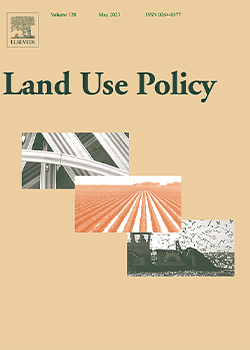
Evolution of drivers of deforestation and forest degradation in the Congo Basin forests: Exploring possible policy options to address forest loss
Year of publication: 2016
Authors: Tegegne, Y.; Lindner, M.; Fobissie, K.; Kanninen, M.
Abstract
In the context of assessing drivers of deforestation and forest degradation (DD), for effective implementation of REDD+ (reducing emissions from deforestation and forest degradation) this study interviewed 50 experts and analyzed current political strategies in the forest related sectors of Cameroon and the Republic of Congo. The main research questions addressed in this study include: What do experts at the national level think of the drivers of DD and their evolution? What should, and must, be done at the national level to curb deforestation? How and where should governments focus their limited resources and capacity to address DD?
Our analysis shows that institutional and policy factors are more important than any other types of underlying causes in both countries and, thus, are indispensable to effectively combat DD in the long term. Expansion of agro-industrial plantation, subsistence agriculture and wood extraction continue as the most pressing threats to forest cover in these countries. Land use policy should, therefore, give high priority to selecting degraded and low carbon lands and to improving their productivity. Policy decision space and main challenges to effectively address forest conversion in these countries are also discussed in the paper.
